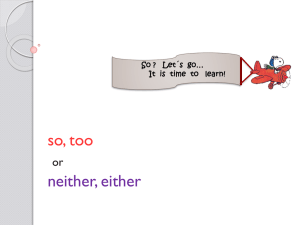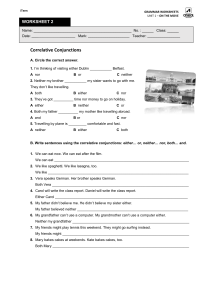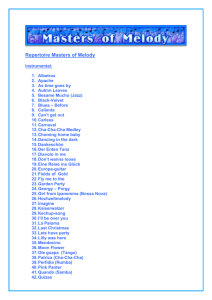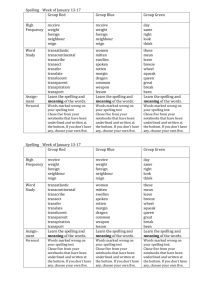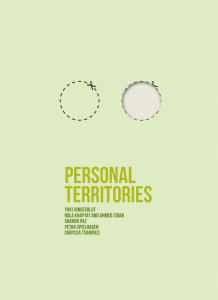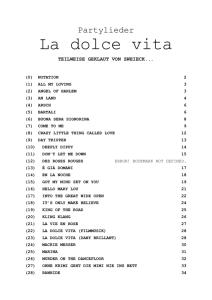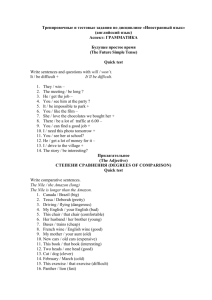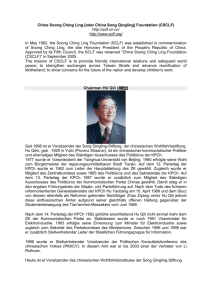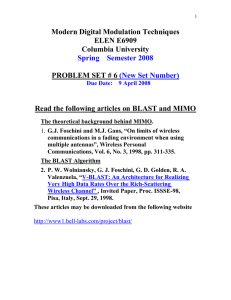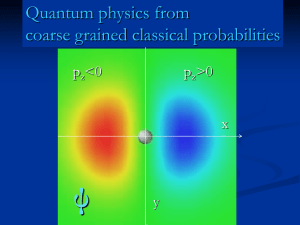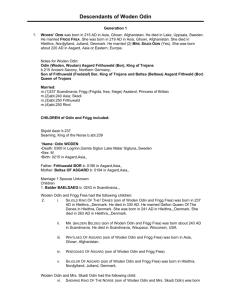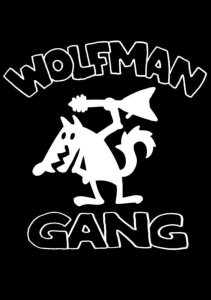Aj ja - Anglictinahelp
advertisement
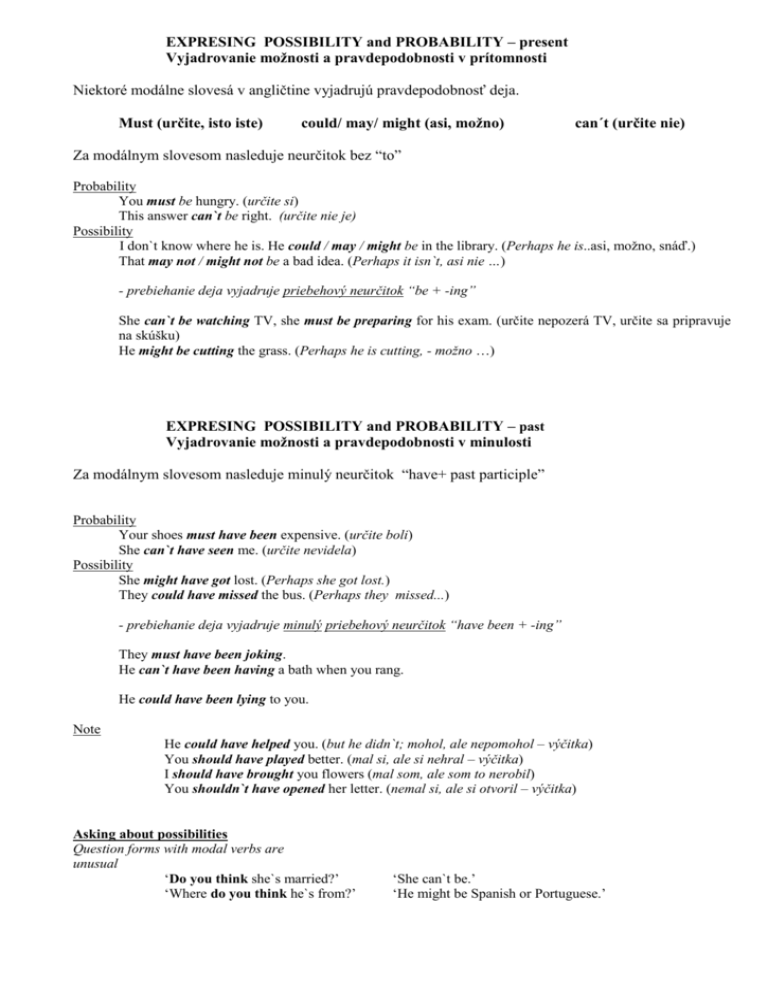
EXPRESING POSSIBILITY and PROBABILITY – present Vyjadrovanie možnosti a pravdepodobnosti v prítomnosti Niektoré modálne slovesá v angličtine vyjadrujú pravdepodobnosť deja. Must (určite, isto iste) could/ may/ might (asi, možno) can´t (určite nie) Za modálnym slovesom nasleduje neurčitok bez “to” Probability You must be hungry. (určite si) This answer can`t be right. (určite nie je) Possibility I don`t know where he is. He could / may / might be in the library. (Perhaps he is..asi, možno, snáď.) That may not / might not be a bad idea. (Perhaps it isn`t, asi nie …) - prebiehanie deja vyjadruje priebehový neurčitok “be + -ing” She can`t be watching TV, she must be preparing for his exam. (určite nepozerá TV, určite sa pripravuje na skúšku) He might be cutting the grass. (Perhaps he is cutting, - možno …) EXPRESING POSSIBILITY and PROBABILITY – past Vyjadrovanie možnosti a pravdepodobnosti v minulosti Za modálnym slovesom nasleduje minulý neurčitok “have+ past participle” Probability Your shoes must have been expensive. (určite boli) She can`t have seen me. (určite nevidela) Possibility She might have got lost. (Perhaps she got lost.) They could have missed the bus. (Perhaps they missed...) - prebiehanie deja vyjadruje minulý priebehový neurčitok “have been + -ing” They must have been joking. He can`t have been having a bath when you rang. He could have been lying to you. Note He could have helped you. (but he didn`t; mohol, ale nepomohol – výčitka) You should have played better. (mal si, ale si nehral – výčitka) I should have brought you flowers (mal som, ale som to nerobil) You shouldn`t have opened her letter. (nemal si, ale si otvoril – výčitka) Asking about possibilities Question forms with modal verbs are unusual ‘Do you think she`s married?’ ‘Where do you think he`s from?’ ‘She can`t be.’ ‘He might be Spanish or Portuguese.’ SO DO I! NEITHER DO I! Statement ‘I`m wearing jeans.’ ‘I can swim.’ ‘I like ice-cream.’ ‘I went out.’ ‘I `ve been to Paris.’ ‘I don`t like mik.’ ‘I can`t drive a car.’ ‘I haven`t been to Rome.’ Agreeing Aj ja Ani ja Disagreeing ‘So am I. / I am, too. / Me too.’ ‘So can I. / I can, too. / Me too.’ ‘So do I. / I do, too. / Me too.’ ‘So did I. / I did, too. / Me too.’ ‘So have I. / I have, too. / Me too.’ Ja nie ‘I`m not.’ ‘I can`t.’ ‘I don`t.’ ‘I didn`t.’ ‘I haven`t.’ ‘Neither do I. / I don`t either. / Me neither.’ ‘Neither can I. / I can`t either. / Me neither.’ Neither have I. I haven`t either. / Me neither.’ Ja áno ‘I do.’ ‘I can.’ ‘I have.’
